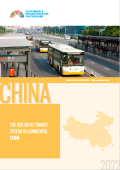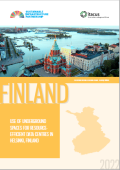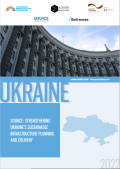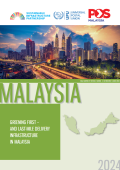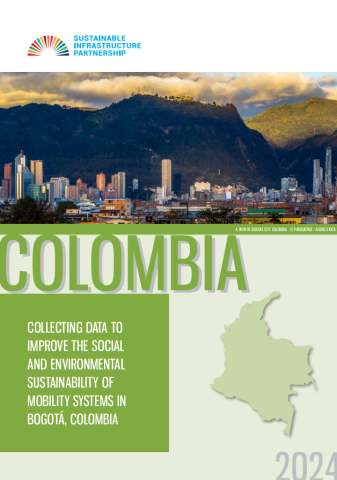
The case study details the innovative approaches taken by Bogotá, Colombia, to address the challenges of urbanization, congestion, and pollution through data-driven strategies for sustainable infrastructure.
As Bogotá experienced rapid population growth and urbanization, the city faced significant increases in traffic congestion and air pollution, impacting public health and social equity. The Government of Colombia responded by implementing initiatives like the TransMilenio Bus Rapid Transit System, the TransMiCable cable car system, and expanded bicycle infrastructure to promote sustainable mobility. These initiatives are supported by robust data systems that monitor environmental conditions and guide evidence-based decision-making, contributing to the city's efforts to combat air pollution, improve public transport, and enhance the security of disadvantaged population groups.
The case study further highlights the importance of digital infrastructure and citizen engagement in driving these sustainable initiatives. Bogotá's commitment to open data, exemplified by the "Me Muevo Segura" project, which maps the city's public transport and cycling network to address issues of violence and safety for women, demonstrates the power of data innovation in urban planning. The city's efforts are supported by international collaborations and strategic national planning, which have led to the development of comprehensive environmental monitoring systems and the implementation of Colombia's National Air Quality Strategy. These initiatives not only address immediate urban challenges but also provide a replicable model for other cities seeking to integrate sustainable, data-driven approaches into their infrastructure planning and delivery.
Guiding principle #10 Evidence Based Decision-Making, from the International Good Practice Principles for Sustainable Infrastructure.

